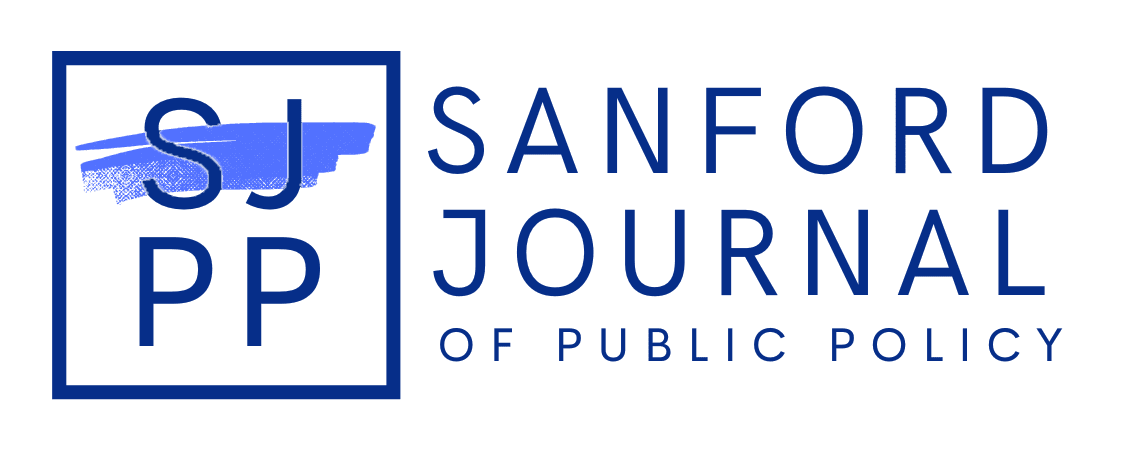This summer, various high-level meetings took place at the Palais des Nations in Geneva around the world’s most pressing health, labor rights, and human rights issues. Representatives from governments, NGOs, the private sector, academia, and philanthropy convened to renew their commitments and reframe policies in light of recent events, such as the refugee crisis. As an intern with a small NGO, I attended the World Health Assembly, International Labour Conference, and Human Rights Council. After attending these meetings, I was convinced that strengthening civil society is one of the most important ways to enact social change.
Without people developing creative solutions on the ground, there is little use in crafting proposals no matter how logically sound or eloquent they may be. Further, millions of refugees, internally displaced persons, and migrants have lost their homes and loved ones due to conflicts around the world. These people are still waiting for assistance from whoever will accept them. At the same time, we hear of rising xenophobia in the world’s richest countries. And yet, is there an easy way forward? It is difficult for governments and international organizations to react in a swift manner with lingering concerns about financial constraints and social integration of vulnerable populations for the long-term.
Focusing efforts through civil society seems daunting in America, where people feel unaffected by the Syrian refugee crisis. How do we motivate ourselves and each other to act? How do we instill the value that struggles and conflicts in the Middle East matter to us? How do we help the next generation understand that borders are man-made, race is socially constructed, and we are all one and the same humanity spread out on the same planet?
Perhaps one place to start is by realizing that freedom of speech, freedom of association, and freedom of religion are not to be taken for granted. At the Human Rights Council, I heard first-hand stories of how human rights defenders in Afghanistan, Egypt, and Ethiopia are currently persecuted and repressed by their governments. I listened to horrific stories about how children have been separated from their parents, and then learned how long it takes for countries to come to consensus. The ability to communicate and collaborate through social media is a privilege. The ability to attend school and have work opportunities, especially as a woman, is a privilege. The ability to think, organize, and mobilize others around causes you care about is a privilege.
Having learned about the plight of displaced people due to global conflict, I desire to help those impacted by conflicts as effectively as possible. To this end, I want to commit to investing in civil society for the rest of my life, whether through time, financial contributions, or expertise.
Tiffany Pyen is a public policy graduate student at Duke University. This past summer she interned at the Global Social Observatory through the Duke Program on Global Policy and Governance in Geneva, Switzerland.

